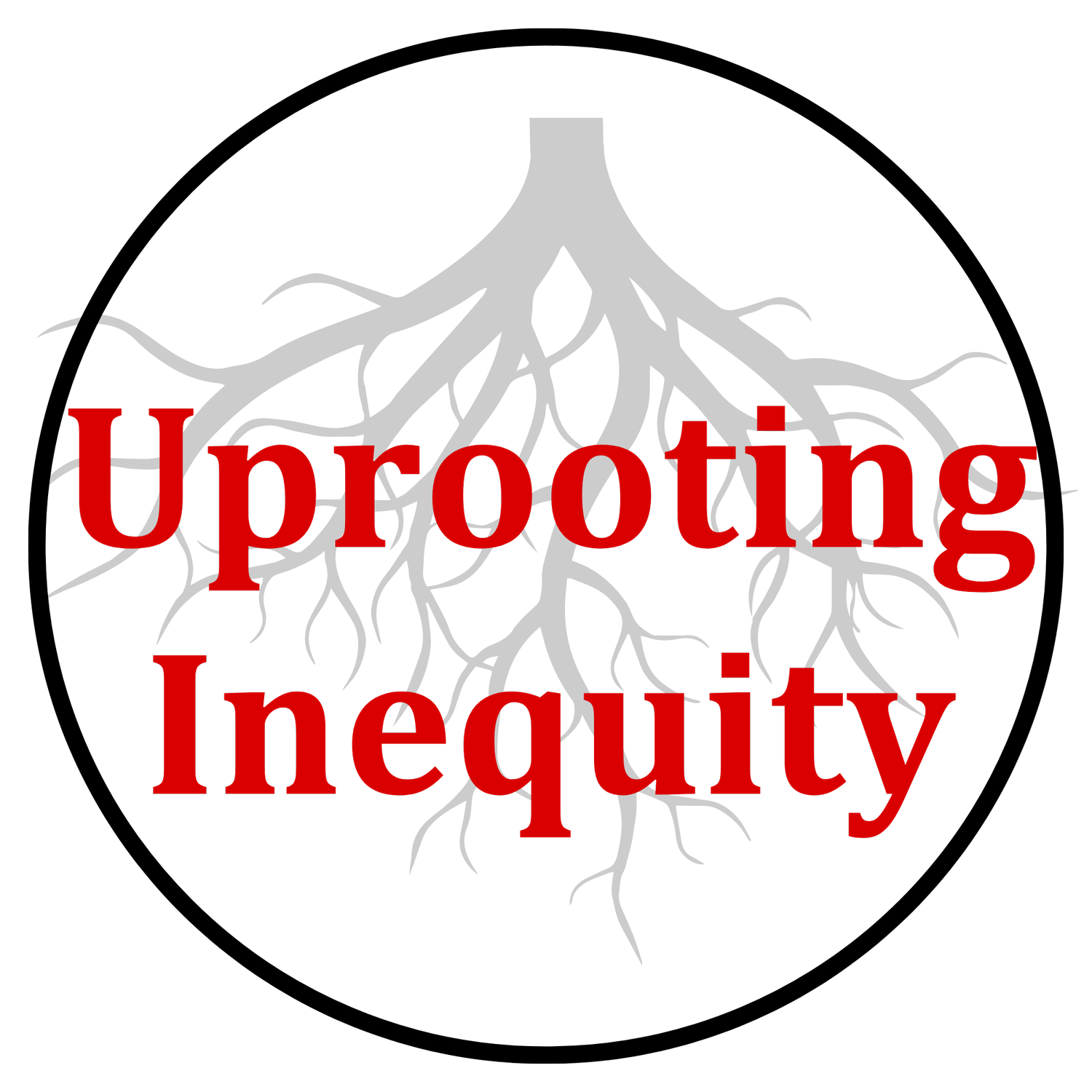Stand-alone Master Classes
Latino Racialization
Asian Racialization
Cross-Racial Cooperation
A Short History of Latino Racialization Outline
How do Latinos fit into the U.S. racial hierarchy? What are the historical roots of the ways in which Latinos are racialized and stereotyped? We will trace the construction of the “Latino race” in the U.S. over four historical periods: 1. Under Spanish colonial rule, 2. In post-Independent Latin America, 3. Under United States colonialism, and 4. In the United States. Our analysis of Latino racialization during the contemporary period will include factors influencing the stereotyping of the “Latino race”: a. language, b. ethnic nationalism, c. colorism, d. the “racialization of illegality”, and e. the racialization of racial disadvantage. I will also address conflict and cooperation between Latinos and African Americans.
A Short History of Asian American Racialization Outline
What are the historical roots of Asian American racialization and stereotyping? How have Asian Americans negotiated their position in the U.S. racial hierarchy? The seminar begins with a description of the rise of “yellow peril” xenophobia against late 19th century Chinese immigrants. Anti-Chinese American xenophobia was led by the Irish, who became “white” by using the anti-Chinese movement to prove their whiteness. Then I explore differences in racialization among different Asian American communities based on skin color and socioeconomic class. I also explore how Asian Americans were granted “model minority” status so that they could be used (“racial mascotting”) to delegitimize claims of systemic racism. Finally, I demonstrate how the precarious “honorary white” position of Asian Americans often collapses in times of crisis.
Cross-Racial Conflict and Cooperation Outline
When do racial groups conflict, and when do they cooperate? How can we foster cross-racial cooperation? First, I demonstrate that racial groups conflict when they compete for relative positions on the social hierarchy. Dominant groups pit subordinate groups against each other to “divide and conquer”, while marginalized groups reinforce the hierarchy in order to negotiate their relative position. Then, I describe social psychology principles for fostering interracial cooperation. Our evolutionary tendency to compete with outgroup members is too strong to suppress through bias training, but we can shift this tendency by 1. getting the “us” and “them” to see themselves as the same ingroup, 2. accommodating for subgroup power differences, by 3. learning about each other’s histories.



